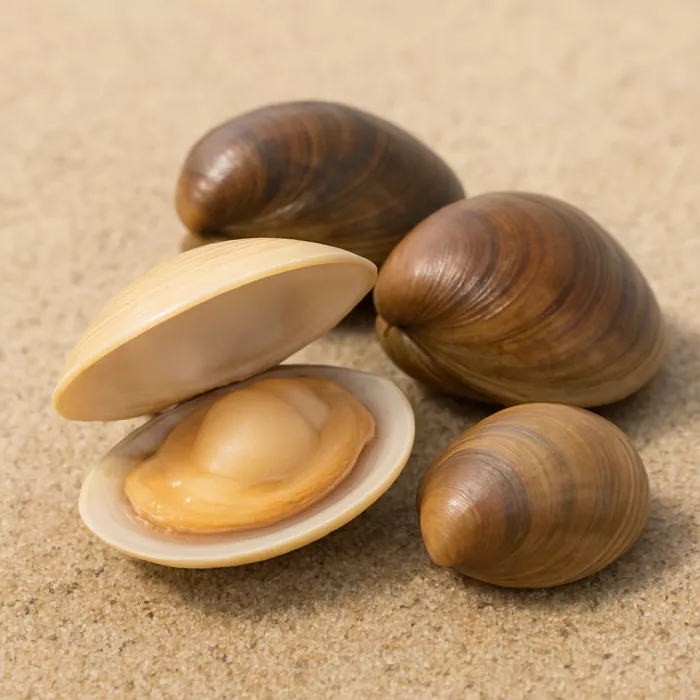
Farming of Bivalves: Techniques, Safety, and Quality Aspects

- research
- study
- third mission
Abstract
Mollusk farming has a long-standing tradition in Italy, a country that ranks among the top producers in Europe, alongside Spain and France. Mussels (of the species Mytilus galloprovincialis) are the main product of Italian aquaculture (52,546.8 tons produced in 2019), accounting for two-thirds of EU production. Italy is also the leading producer of the Manila clam (Ruditapes philippinarum) in the EU, with 94.2% of the volume (25,906.7 tons) and 90.9% of the value, and the only producer of Ruditapes decussatus (native clam, with 48.5 tons). While the New Strategic Guidelines adopted by the European Commission in 2021 promote mollusk farming as a low-impact form of aquaculture with beneficial effects on both the environment and the climate, this important sector of national aquaculture is highly exposed to the effects of pollution and the associated risks, particularly regarding the safety of the final product.
Biography prof. Parisi
Giuliana Parisi is a full professor at the University of Florence, Department of Agricultural, Food, Environmental, and Forestry Sciences and Technologies. She teaches Aquaculture and Quality of Animal Products and has supervised over 70 master's degree students and 15 PhD students. For over thirty years, her research has focused on various aspects of fish production, ranging from the use of alternative protein sources for feed formulation to welfare issues in farmed fish, sustainable farming techniques, and product quality. She has numerous international research collaborations and is Italy's representative in WEFTA (West European Fish Technologists’ Association).